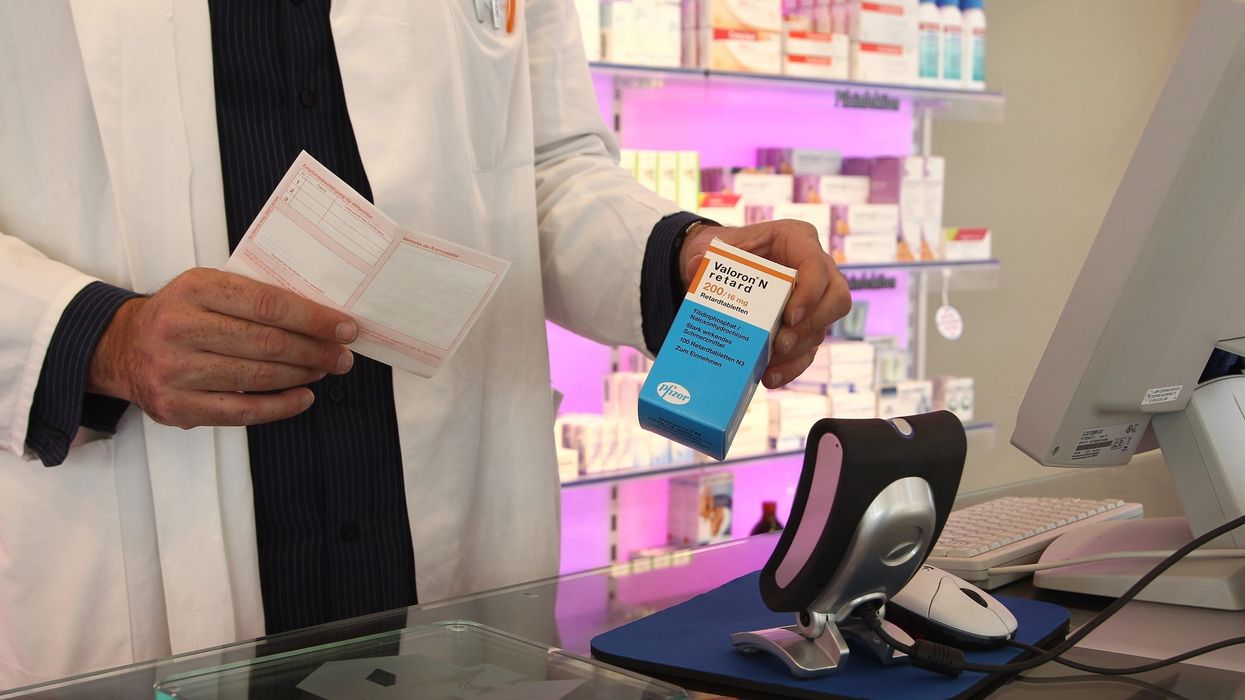The Company Chemists’ Association (CCA)’s analysis on permanent closures of community pharmacies in England showed that there has been a net loss of 670 pharmacies between 2015 and 2022.
The analysis highlighted that 37 per cent of permanent closures of pharmacies and GP practices have occurred in the 20 per cent most deprived parts of England.
Current trends indicate that primary care ‘cold spots’ could soon emerge – areas where there is significantly reduced or inadequate access to a pharmacy or a GP.
The CCA’s analysis shows that some of the most deprived neighborhoods concentrated in the North West, the West Midlands and Yorkshire have faced the highest losses of local pharmacies and GP practices since 2015.
It demonstrates that the trend of permanent closures amongst pharmacies and GP practices is worsening. Moreover, this burden is likely to be felt unevenly with permanent closures occurring disproportionately in areas of high deprivation. Without action, deprived communities, where need is typically greater, may no longer be able to access the GP and pharmacy services they require.
Malcolm Harrison, Chief Executive of the CCA said: “The Government is sleepwalking into a disaster within primary care, and we could soon see primary care cold spots emerge in different parts of England. Unfortunately, the communities with the greatest need could see access to primary care services diminish the most which will only worsen health inequalities.
"The CCA has been warning about permanent closures of pharmacies for some time. The sector is underfunded by more than £67,000 per pharmacy annually, money which could be invested in frontline staff to provide patient care. This is a wake-up call to the Government – primary care desperately needs investment.
We’re calling for a fully-funded Pharmacy First scheme to bring investment into the sector and to ensure patients with minor ailments can be seen by their pharmacist first – freeing up GP time to see those patients who absolutely need to see their GP”.
Taiwo Owatemi MP, the Chair of the All-Party Parliamentary Group on Pharmacy said: “The community pharmacy sector is critically underfunded and only by long term investment over an extended period of time will we begin to see an end to the mass departure of pharmacy staff to other sectors across the primary care network. The CCA’s research makes clear that the situation is dire with nearly 700 pharmacies closing their doors for good between 2015 and 2022. There simply can be no more delays. People across the country are already missing out on crucial healthcare support – this underutilized sector must be given the support it needs.
Too frequently we view our pharmacies as just being the shop where we pick up our medicines. Pharmacies can and must be commissioned to do so much more. In Wales and Scotland, Pharmacy First schemes are already in place so that urgent care can be provided inside pharmacies, within communities where people live. England must follow.
Pharmacies should be the first port of call for any minor illnesses. Pharmacists have the skills already; they just want the opportunity to put them into practice. Yet, this can only happen if the Government is prepared to step up to the plate and make those long-term commitments to the sector that will keep it alive for future generations.”











